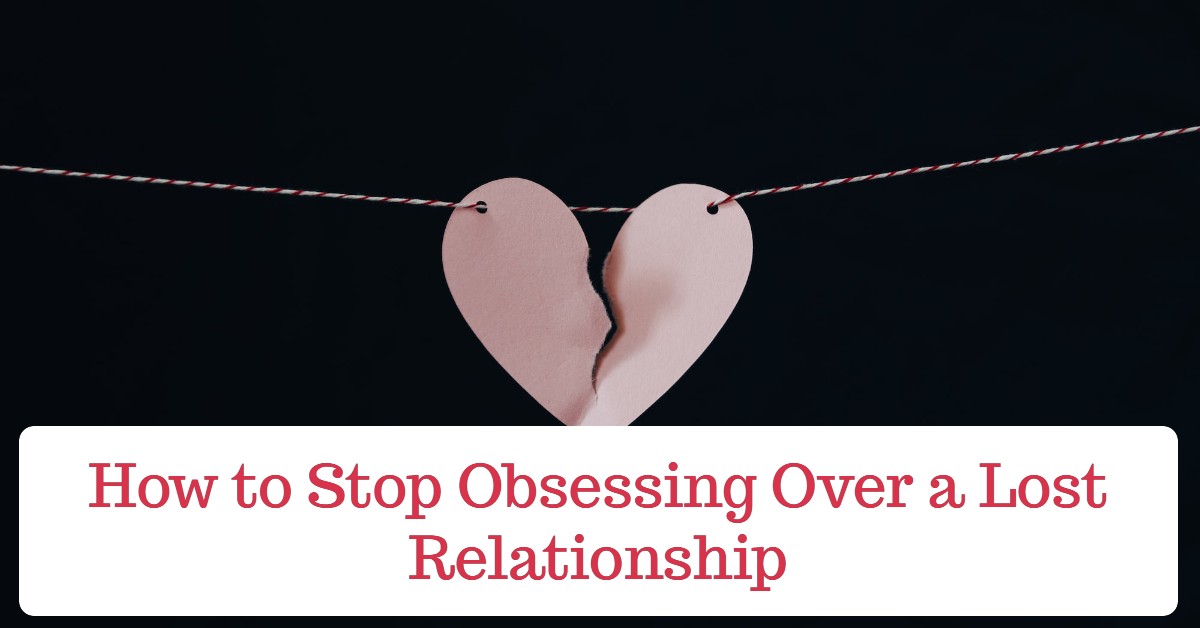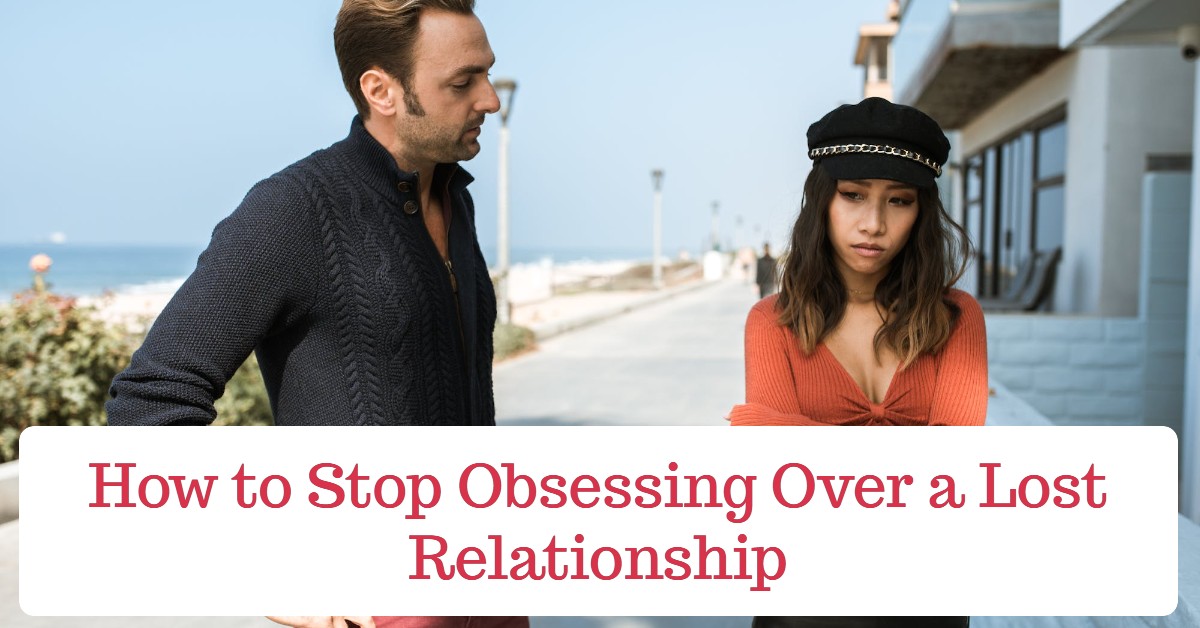How to Stop Obsessing Over a Lost Relationship

How to Stop Obsessing Over a Lost Relationship: Have you ever found yourself scrolling through old photos of yourself and your ex, wondering what went wrong and how you could have saved your relationship? Have you spent countless sleepless nights replaying conversations and analyzing every little detail, hoping to find a glimmer of hope that the relationship can be salvaged? If so, then you are not alone.

Obsessing over a lost relationship is a common phenomenon that can be both emotionally and mentally exhausting. But fear not, as there are ways to break free from this cycle and start moving on toward a brighter future. So, let’s buckle up and embark on a journey towards healing and self-discovery, and leave the past where it belongs – behind us.’
FAQs & Answers on How to Stop Obsessing Over a Lost Relationship
How can I deal with the urge to contact my ex?
It’s common to feel the urge to contact an ex, but it’s important to resist that temptation. Try to distract yourself with other activities, reach out to supportive friends or family, or even write down your thoughts and feelings in a journal instead of reaching out to your ex. Creating healthy boundaries and cutting off contact can be crucial in stopping the obsession.
Can therapy or counseling be helpful in stopping obsessive thoughts about a lost relationship?
Yes, therapy or counseling can be very helpful in dealing with obsessive thoughts about a lost relationship. A therapist can provide you with coping strategies, tools, and support to process your emotions and thoughts in a healthy way. They can also help you gain insight and perspective on the situation, which can aid in moving forward.
How can mindfulness practices help in stopping obsession over a lost relationship?
Mindfulness practices such as meditation, yoga, or deep breathing exercises can help you stay present in the moment and reduce anxiety and stress related to obsessive thoughts. They can also help you become more aware of your thoughts and emotions without judgment, allowing you to process them in a healthier way and redirect your focus away from the past relationship.
Is it okay to grieve the end of a relationship?
Yes, it’s absolutely okay to grieve the end of a relationship. It’s a normal and healthy part of the healing process. Allow yourself to feel the emotions that come with grief, such as sadness, anger, or frustration, and give yourself permission to process and express them in a healthy way.
How to Stop Obsessing Over A Lost Relationship

1. Cut off all contact with your ex
This may be difficult, but it’s crucial to stop obsessing over your lost relationship. Remove your ex from your phone contacts, social media, and any other form of communication. Seeing their name or receiving a message from them will only reignite old feelings and make it harder for you to move on.
2. Accept the reality of the situation
The relationship is over, and it’s time to accept that fact. Acknowledge that you cannot change the past and focus on moving forward. This may be painful, but it’s necessary to begin the healing process.
3. Focus on self-improvement
Use this time to focus on yourself and your personal growth. Take up a new hobby, go to the gym, or learn a new skill. Use this time to rediscover who you are as an individual and embrace your strengths.
4. Identify and challenge your negative thoughts
You may find yourself obsessing over the reasons for the breakup or blaming yourself for what happened. Try to identify the negative thoughts that are causing you to obsess and challenge them. Ask yourself if they are true or if they are just a distorted view of the situation.
5. Surround yourself with supportive people
Reach out to friends and family who can offer you emotional support during this difficult time. Being around people who love and care for you will help you feel less alone and provide a healthy distraction from your thoughts.
6. Create new routines and habits
Changing your routine and habits can help you break the pattern of obsessing over your lost relationship. Try new activities, hobbies, or even a new exercise routine. This will help you to create a sense of novelty and a new purpose.
7. Focus on the present
Avoid dwelling on the past or worrying about the future. Instead, focus on the present moment and what you can do to improve your life today. Take things one day at a time and try to stay optimistic about the future.
8. Seek professional help
If you find yourself struggling to cope with the end of the relationship, seek professional help. A therapist can offer you coping mechanisms, tools, and strategies to help you manage your emotions and thoughts.
9. Practice mindfulness
Mindfulness practices such as meditation, yoga, or deep breathing exercises can help you stay grounded and present at the moment. Obsessing the past can lead to anxiety and depression, but mindfulness can help you cultivate a more positive mindset.
10. Give yourself time
Healing takes time, and it’s important to give yourself the time and space you need to process your emotions. Don’t rush the process, and be kind and patient with yourself as you navigate this difficult time.
Conclusion
In conclusion, obsessing over a lost relationship can be a challenging experience, but it’s important to remember that you are not alone. By following these steps, you can start to break free from the cycle of obsessive thoughts and begin the journey toward healing and self-discovery.
Remember to focus on self-improvement, seek support from loved ones, and practice mindfulness to cultivate a more positive mindset. And above all, give yourself the time and space you need to heal and move forward toward a brighter future. Let go of the past and embrace the possibilities that the future holds.
Recommended:
How to Handle Conflicts In A Relationship (Tips)
Important Deal Breakers in a Relationship (20 Non-Tolerable)
How To End A Toxic Relationship(Step by Step)




